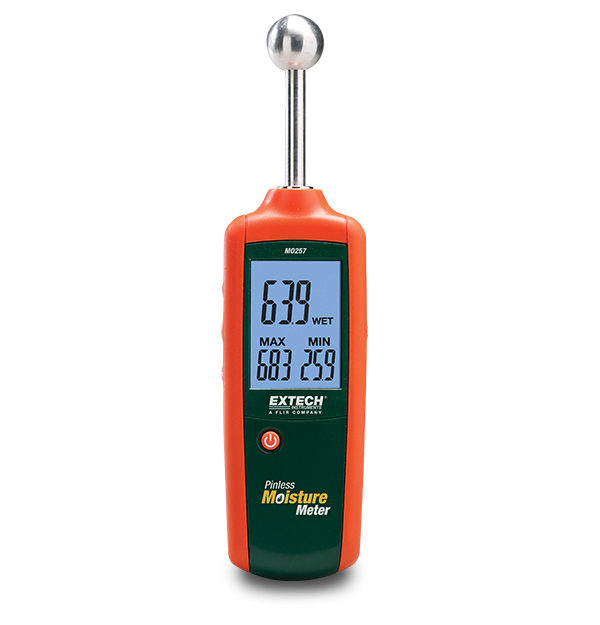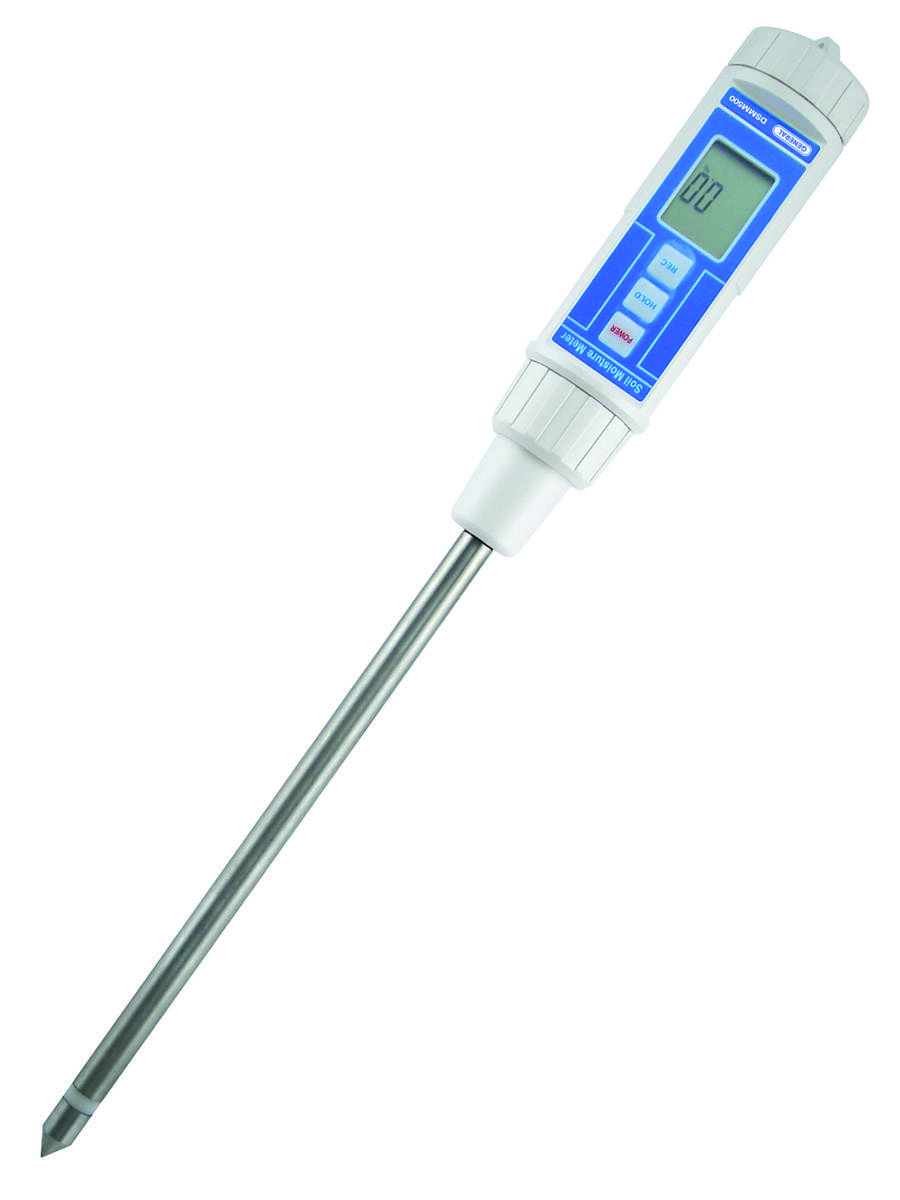How a Moisture Meter Can Improve Your Construction Jobs and Protect Against Damages
How a Moisture Meter Can Improve Your Construction Jobs and Protect Against Damages
Blog Article
The Ultimate Guide to Moisture Meters: A Comprehensive Review and Exactly How They Can Save You Money
In the realm of structure maintenance, building, and numerous sectors, the relevance of accurately measuring dampness levels can not be overstated. Moisture meters work as vital tools in discovering and checking moisture web content in products, helping in avoiding pricey damages and guaranteeing the quality of items. Recognizing the nuances of various types of moisture meters, their applications, and the potential cost-saving benefits they offer can be a game-changer for businesses and specialists alike. Discovering how these tools can not only enhance processes but likewise add to economic savings is a journey worth starting.
Types of Wetness Meters
One common kind is the pin-type moisture meter, which gauges the electric resistance in between 2 pins placed right into a product. Pinless wetness meters, on the other hand, use electromagnetic sensing unit plates to check a bigger location without triggering damage to the material's surface area.

Infrared dampness meters measure the thermal residential or commercial properties of a product to determine its wetness web content non-invasively, making them helpful for applications where pin or pinless meters might not be ideal. Recognizing the different types of dampness meters readily available can help markets select the most proper device for their specific wetness dimension needs.

Benefits of Using Wetness Meters
Dampness meters offer important benefits in precisely evaluating and keeping an eye on moisture degrees in varied materials and settings. One of the key advantages of utilizing dampness meters is the prevention of prospective damage caused by excess dampness.
Moreover, using dampness meters can lead to raised power effectiveness. In agricultural setups, moisture meters play an essential function in enhancing crop returns by enabling farmers to keep an eye on dirt dampness degrees and make notified watering choices.
Exactly How to Pick the Right Dampness Meter
When choosing a moisture meter, it's essential to guarantee that the meter is appropriate for the certain material you will certainly be screening. Different products have differing electric residential properties that can influence moisture readings, so choosing a meter designed for your product is essential for exact outcomes. By thoroughly reviewing these variables, you can select a wetness meter that meets your requirements and gives exact dampness measurements for your projects.
Correct Methods for Moisture Meter Use

Cost Cost Savings With Moisture Meter Applications
Exactly how can the critical utilization of dampness meters result in considerable expense savings across different industries? Moisture meters play a critical function in cost financial savings by preventing possible damages and ensuring quality control in various fields. In the agriculture sector, look at here now moisture meters help in establishing the ideal time for collecting plants, stopping excess or over-drying wetness that can affect the last item's high quality. This specific surveillance helps farmers avoid unnecessary losses and optimize their yield.
In a similar way, in construction, dampness meters aid stop pricey problems by spotting moisture levels in structure materials, such as wood or concrete, which can about his bring about architectural concerns if not dealt with immediately. By recognizing problem locations early, professionals can take corrective steps to prevent comprehensive fixings or substitutes, inevitably conserving time and money.
Moreover, in the food processing market, wetness meters are important for checking item quality and making certain compliance with safety policies. By properly gauging wetness material in food, suppliers can avoid spoilage, preserve quality, and minimize waste, resulting in significant expense savings. In general, the strategic application of dampness meters is an important financial investment that can result in substantial cost reductions and boosted effectiveness throughout various markets.
Final Thought
In verdict, moisture meters are beneficial devices for detecting and determining dampness levels in various materials. By using the ideal moisture meter and adhering to proper techniques, customers can efficiently protect against expensive problems caused by excess wetness.
Wetness meters serve as crucial devices in spotting and keeping track of moisture content in materials, assisting in avoiding costly damages and ensuring the quality of items. Infrared dampness meters determine the thermal buildings of a product to establish its moisture web content non-invasively, making them valuable for applications where pin or pinless meters might not be appropriate.Moisture meters offer vital advantages in accurately examining and keeping an eye on wetness degrees in diverse products and atmospheres. In farming settings, wetness meters play a vital role in optimizing crop returns by making it possible for farmers to monitor dirt my review here wetness levels and make informed irrigation choices.In verdict, wetness meters are important devices for finding and measuring moisture degrees in numerous materials.
Report this page